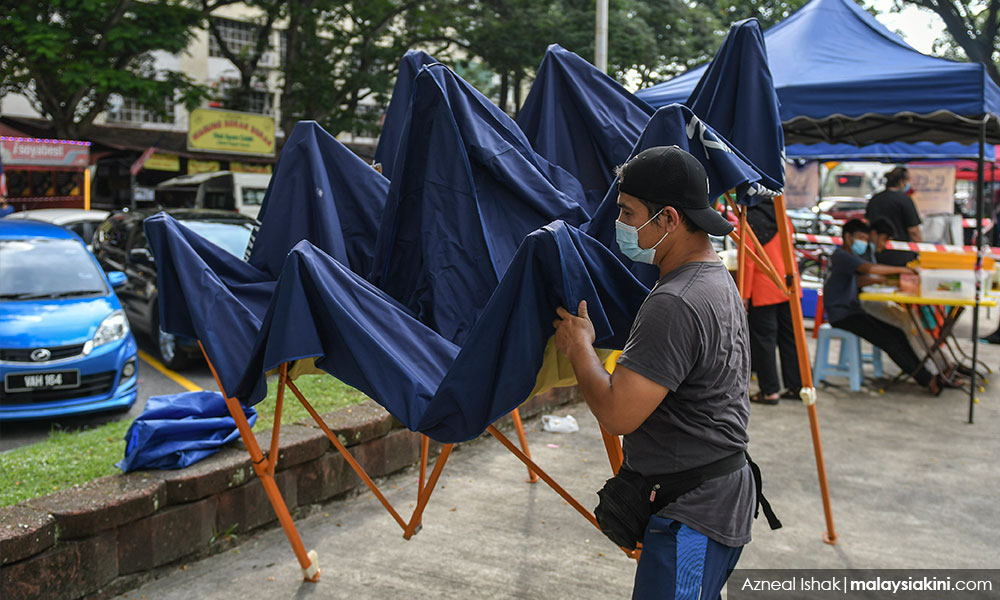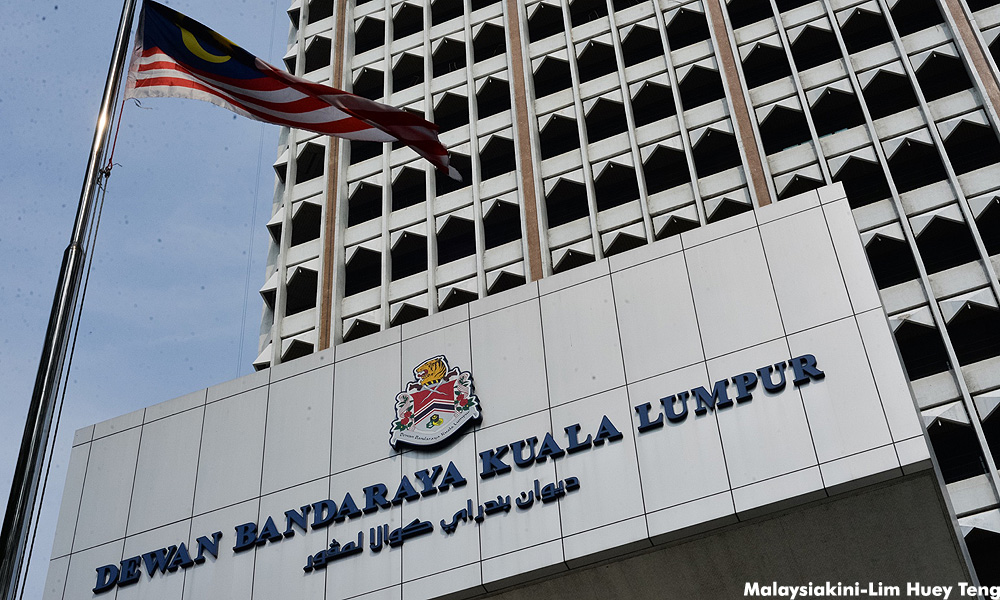A Greek mathematician reportedly proclaimed “Eureka! Eureka!” after he stepped into a bath and noticed that the water level rose, whereupon he suddenly understood that the volume of water displaced must be equal to the volume of the part of his body he had submerged.
Thus, the Archimedes principle was born.
Alexander Graham Bell’s first voice message ever transmitted was, “Mr Watson, come here. I want to see you.” Watson was Bell’s assistant at the time and the quote was the first sound of a voice ever transmitted by electricity.
But this week, another famous discovery was made by a Malaysian. It was not exactly a “Eureka” moment but Deputy Finance Minister Ahmad Maslan (above) can enjoy the dubious honour of discovering that if procurements are made through open tender, they can boost the country’s economy.
“As an example, a direct negotiation (tender) may be valued at RM50 million, but with the open tender policy, it may be priced at RM45 million.
“From this, the government would be able to record RM5 million as an income, and this is an example of what is being implemented. Indirectly, this raises our national income.
“If direct negotiation is selected, there is usually a certain percentage which is higher than that in the open tender approach,” he was quoted as saying on Tuesday, after a Budget 2023 Dialogue in Shah Alam, Selangor.
During his previous stints in the government, Ahmad must have known that it was the “know-who” that mattered more than the “know-how” in winning contracts with the government.
But he has only touched one aspect of losses to the government. What about those making false declarations to the Customs Department, the rent-seekers, tendering agents and the lot?
Even at the lowest level – the local authority – the issue of pajak lesen (leasing licences) is prevalent. Those with connections get hawker licences and pay RM40 monthly and yet sit at home and re-rent it for incomes ranging from RM400 to several thousand, depending on the location.

Can the local authorities be compelled to introduce an owner-operated system? Their reluctance is understandable because in some cases the “abang-adik” system comes into play with the family members of local officials given the licences.
Ditto for taxi licences and many other services and supply of goods.
What about land being alienated to be given to Ahmad’s party members or being sold at far below market rates?
How does a piece of prime land belonging to the state end up in private hands? How is it that only a handful of developers have knowledge of what is available for them to make a bid?
The alienation of government land is done mostly by state governments. Have you ever seen a tender for the sale of land by any state? It usually ends up with the developer who deals with state officials directly or through middlemen.
One of the reasons why it is done discreetly and without public knowledge is that the government, federal and state, do not have a register of its assets. The sale is not reflected anywhere and the title changes hands without much of a fuss.
Does anyone know how much land belonged to the Kuala Lumpur City Hall (DBKL) when it was set up in 1972 and how much remains?

If there was a register and it is updated regularly, any changes in the assets would have been publicly known.
So, Ahmad must take cognisance of the fact that the decline of the economy is not just centred on open tenders. Even then, what measures have been put in to ensure even open tenders are not rigged?
A minister’s interference by making remarks on a letter from the tenderer may change the equation as we have heard in testimonies by witnesses in an ongoing trial.
Can the government put an end to political interference? - Mkini
R NADESWARAN is a veteran journalist who writes on bread-and-butter issues. Comments: citizen.nades22@gmail.com
The views expressed here are those of the author/contributor and do not necessarily represent the views of MMKtT.



No comments:
Post a Comment
Note: Only a member of this blog may post a comment.